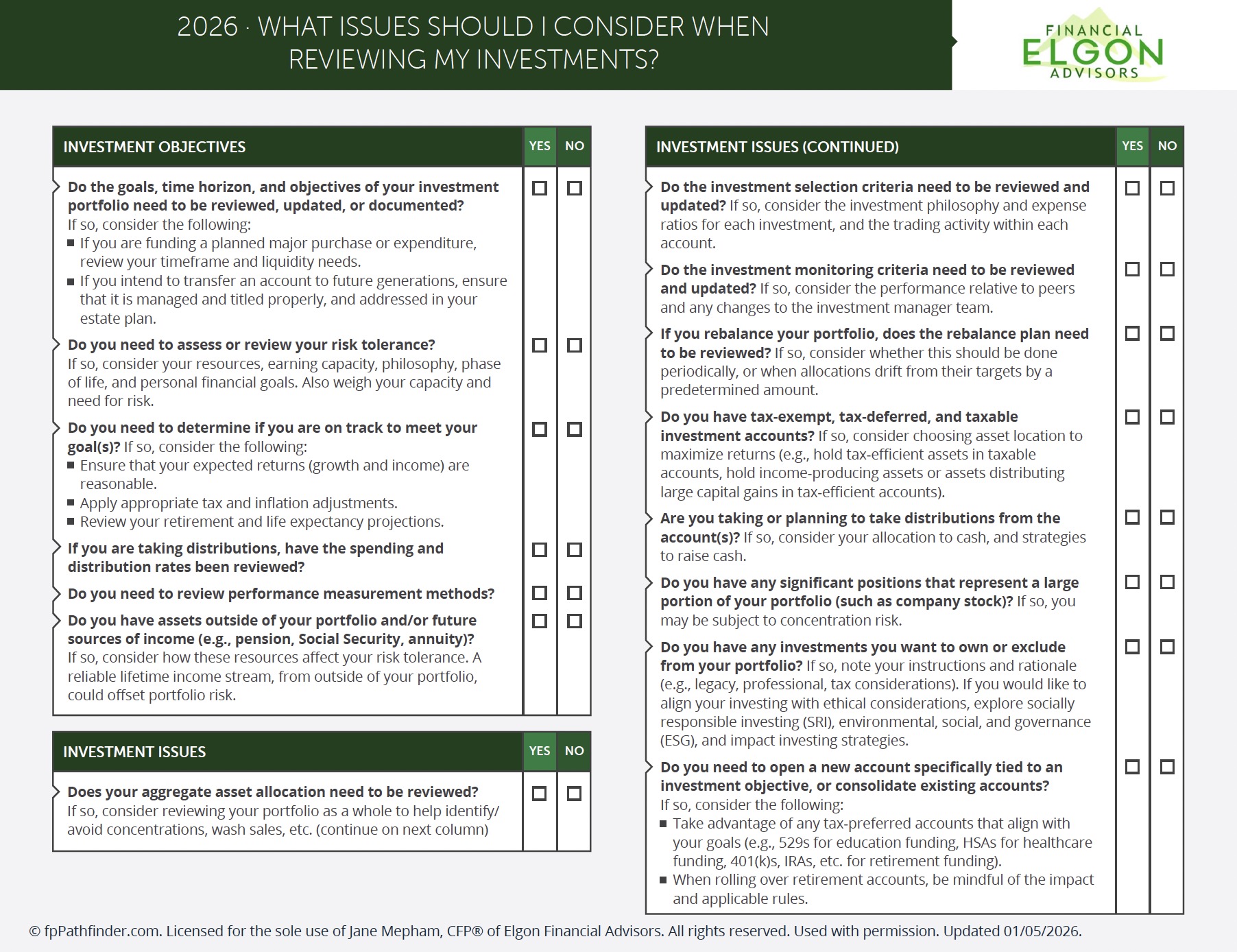Today, I’m explaining why and how to report foreign rental income when you file US taxes.
Updated on 10/22/2024
Key Takeaways
In this post, I’ll address the following as it relates to foreign rental income.
Why do you need to report the income
Who should be reporting it
What else should be included in the filing
Reporting currency on the income
Other reporting requirements
Penalty for not reporting the income
I constantly get the question, especially from folks on work visas or in the US on temporary status: “If I’m not a permanent resident in the US or a citizen, do I have to report my foreign rental income, and if so, why and how?”
It comes as a surprise when I explain that foreign rental income needs to be reported to the IRS, regardless of whether it’s been taxed in that foreign country.
Owning properties overseas is more common than most people imagine.
Most of the people on temporary status are still operating financially between the US and their home country, so they have invested in assets like rental properties overseas to hedge their investment risks.
It makes sense when they don’t know if they will be in the US permanently.
Other cases arise from US citizens investing in foreign properties for varied reasons or from US residents inheriting property overseas.
Worldwide Income Taxation – Includes Foreign Rental Income
As detailed in this post, the US taxes tax residents on worldwide income. This includes rental income regardless of where it’s earned.
Keep in mind that it does not matter when you become a tax resident; as soon as you qualify, the IRS has jurisdiction over all your worldwide income.
One of the trickier aspects is when you are a dual-status tax resident. This means you pay taxes as a tax nonresident for part of the year and the other half as a tax resident.
If you have foreign rental income during the resident part of the year, you must report it.
You can safely exclude foreign rental income only when you file taxes as a tax nonresident for the whole year.
Reporting the Foreign Rental Income When You File Taxes
Another question I frequently get is, “What if I made zero profit on the property? Do I still need to report it?” The simple answer is yes.
You should also include rental expenses if you report the foreign rental income. Examples of these are
- Tax on the earnings (Foreign),
- Foreign mortgage interest,
- Maintenance expenses,
- Management expenses etc.
- Foreign property taxes have been excluded since 2017 (may or may not return in 2025).
Include any expenses involved in generating the rental income on your foreign property.
There is a genuine fear of being double-taxed, but this is mitigated by being able to apply for the foreign tax credit. So, the simple answer is to report all income and expenses.
A few other complexities are involved, so it is essential to work with a qualified CPA or EA on this reporting aspect.
Understanding Foreign Rental Properties: Types And Considerations
There are different types of rental properties. They range from vacation homes to long-term rentals to Commercial buildings.
How you report the income will depend on the ownership structure.
There are various ways of owning property. Some examples include individual ownership, a foreign LLC (Limited Liability Company), a US LLC, and a foreign trust amongst others.
Each has its pros and cons – A post for another day.
There are legal considerations for owning property overseas. Some countries restrict who can own property or what you can do with it as an income-generating activity.
Work with a local tax advisor (local to that country) to ensure you follow the law.
For the best property ownership structure, work with an international CPA or tax attorney. We are happy to introduce you to some of these professionals in our network.
Reporting Currency for the Foreign Rental Income
Report all income and expenses in US dollars. According to the IRS directions, if the foreign country does not use the US dollar, use the local currency, but make the exchange at the end of the year when you report it.
Other Reporting Requirements
Depending on how you are running the rental property and what else you own overseas, you might need to fulfill other reporting requirements. The two main ones are.
FBAR (Foreign Bank and Financial Accounts Reporting): If you’ve set up a foreign account, to receive rental income, you may have to file the FBAR forms. The requirement is based on the combined balances of all your foreign accounts in all the countries outside the US.
FATCA (Foreign Account Tax Compliance Act) Form 8938. This form is required if the specified foreign financial assets’ aggregate value is more than the reporting threshold at any point during the year.
IRS has created a simple chart that compares Form 8938 and the FBAR requirements and will help you figure out which one you need to file.
Based on the ownership structure of the entity holding the property, the following ar other forms you may be required to complete.
Form 5471 – Information Return of U.S. Persons With Respect To Certain Foreign Corporations. Possibly multiple categories – form has about ten schedules
Form 8858 – Information Return of U.S. Persons With Respect to Foreign Disregarded Entities (FDEs) and Foreign Branches (FBs)
Form 8865 – Return of U.S. Persons With Respect to Certain Foreign Partnerships
Compliance Risk And The Penalty For Not Reporting Foreign Rental Income
Failure to report foreign income can have serious financial consequences for you. There is the usual penalty for not reporting income, and then there are penalties for failure to report on foreign assets.
For example, failure to file the FBAR can lead to a penalty of up to $10,000 or, if deemed willful, up to $100,000 or 50% of the account value.
Failure to complete form 8938 – reporting certain foreign assets can lead to a fine of $10,000, which can go up to $50,000 for continued failure.
US tax residents do not report foreign rental income because they don’t know they are supposed to. This is especially true for those who have recently arrived in the country.
It’s important to figure out as quickly as possible how to file taxes in the US, especially the first year when new in the country.
If you are one of the folks who have not reported your foreign rental income for whatever reason, it’s not too late to correct the issue.
Streamlined Filing
The IRS continues to offer a voluntary program allowing you to disclose previously unreported foreign-earned income, including foreign rental income.
The program offers reduced penalties and may waive the penalties in many cases.
As you contemplate filing your taxes this year, remember to include everything. If you need help with taxes, we are happy to introduce you to some of the professionals in our network.
Let Us Assist You With Your US Finances
Navigating cross-border finances, especially when it includes rental income, is complex and can be frustrating. Doing it wrong can lead to very severe consequences.
Our financial advisory team is ready to support you with your reporting needs. We will walk with you on this journey, helping you navigate the tax and financial minefields likely to arise from overseas income. We’ll also help you manage and invest the income in the US.
We’re ready to collaborate with your team of professionals or recommend professionals from our network.
Check out our process that will help you evaluate our services, and let you make an informed decision about working together.
Get Started Now
If not ready to start, that’s okay, but please stay on top of our regular updates by email, or by joining here. Sign Up Here

6 Things to Do
When Starting A Job on H-1B Visa
You are starting a new job on a work visa, there are some critical things, that will set up for financial success in the first 3-6 months. Download the free guide below for the detailed list!
We never spam. By signing up you’ll also receive access to future resources right to your inbox.
Disclaimer: This article is provided for general information and illustration purposes only. Nothing contained in the material constitutes tax advice, a recommendation for the purchase or sale of any security, investment advisory services, or legal advice. I encourage you to consult a financial planner, accountant, and/or legal counsel for advice specific to your situation. Reproduction of this material is prohibited without written permission from Jane Mepham and all rights are reserved. Read the full disclaimer here.







